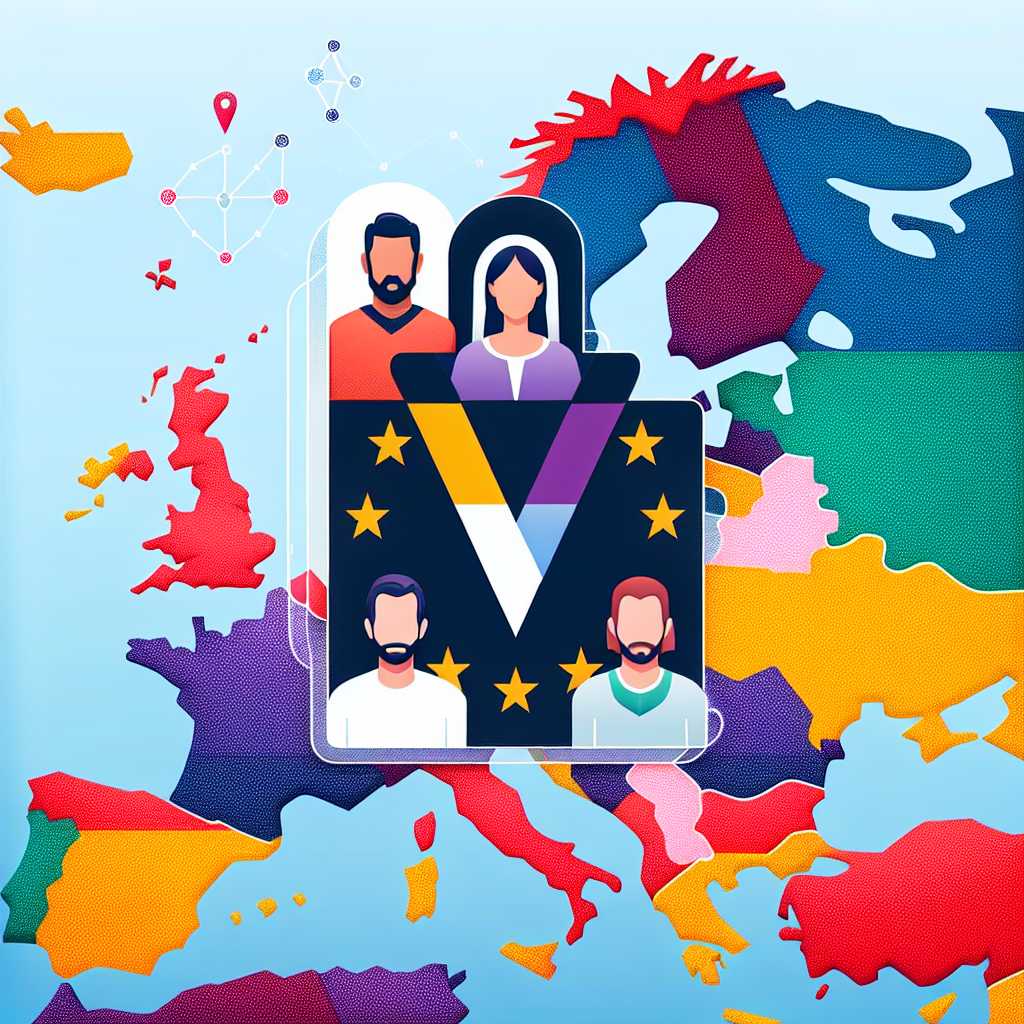Comprehensive Insights on Volt: Europe’s Pan-European Political Movement
Volt Europa, usually referred to simply as Volt, is a relatively new political movement in Europe that has rapidly gained attention due the unique position it occupies on the political landscape. Its pan-European approach deviates from traditional party structures confined within national borders, aiming instead to address complex cross-border and global issues through a unified European lens.
Origins and Ideology of Volt
Volt was founded in March 2017, inspired by the growth of populist movements and the UK’s decision to leave the European Union. It was established by Andrea Venzon, along with Colombe Cahen-Salvador and Damian Boeselager. These young founders set out to create a progressive movement that could bring together Europeans under a common political identity and platform.
Volt subscribes to a pro-European, federalist ideology and positions itself as being neither left-wing nor right-wing but instead focuses on pragmatic solutions grounded in evidence-based policy-making. The movement champions values such as human rights, social equality, transparency in politics, sustainable development, and strengthening democratic institutions within the EU.
Volt’s Organizational Structure
The structure of Volt is designed to transcend geographic and cultural limitations typical of national parties. It is registered as a European party consisting of national chapters across various EU member states. This allows citizens from different countries to join their respective national chapter while subscribing to the same overarching principles and goals.
One distinctive feature of Volt’s structure lies in its commitment to internal democracy. Higher decision-making processes incorporate input from its entire member base rather than being confined to a selected leadership, aligning with its foundational principle of bringing politics closer to the people.
Political Strategy and Mobilization
In terms of strategy, Volt endeavors to mobilize young and politically disillusioned segments of the population around their pan-European vision. Using digital platforms extensively for outreach, organization, and campaigning, Volt emphasizes engagement through social media, discussion forums, and crowd-sourced policymaking.
Volt also puts an emphasis on grassroots campaigning, aiming to create networks of volunteers who can promote its agenda at the local level across multiple nations.
Electoral Participation and Representation
Volt ran its first major campaign for the European Parliamentary elections in 2019. Demonstrating that a new player could indeed enter the established political field, Damian Boeselager became its first member elected to the European Parliament representing Germany.
Besides the European Parliament, Volt has also been participating in local and national elections with varying success rates. Their participations reflect commitment to having representation on multiple governance levels.
Challenges Faced
While innovative in concept, Volt also confronts numerous challenges typical for new and small-scale political movements. Notably among these are limited visibility alongside established traditional parties, insufficient funding, challenging electoral laws that differ per country, and difficulties in mobilizing large parts of electorate across borders with varying issues and priorities.

